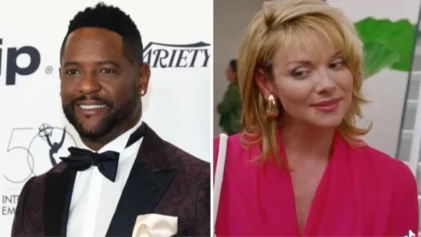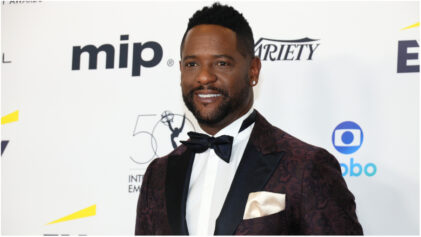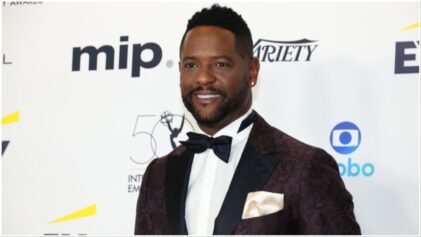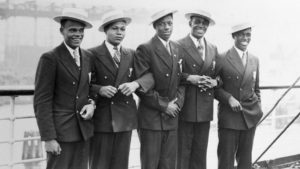
Still from “Olympic Pride, American Prejudice” (Coffee Bluff Pictures)
“Olympic Pride, America Prejudice” begins with a black-and-white clip of the men’s 400-meter final at the 1936 Berlin Olympics. Archie Williams of the U.S wins the gold medal, leaving Godfrey Brown of Great Britain with silver and James LuValle, also from the U.S, with bronze. However, few Americans know that Williams and LuValle were two Black men who also took home medals that day. In fact, little is known about the other African-American athletes at the ’36 Games because they were hardly ever mentioned by mainstream news outlets.
“Olympic Pride, American Prejudice,” however, fills that void. The film portrays a fascinating account of the lives of all 18 of the African-American athletes who represented America in Germany that year. The most-famous member of the team was, of course, Jesse Owens, who won four gold medals and famously got under Adolf Hitler’s skin by disproving Hitler’s cherished concept of Aryan superiority in spectacular fashion. “Olympic Pride,” however, depicts the other side of Owens’ story. It shows how, after initially celebrating him, turning him into an international sex symbol, America turned on Owens. He was ultimately stripped of his amateur status for returning home to support his family rather than touring with the Olympic team. Unable to cash in on endorsements, the Olympic legend was reduced to competing against racehorses in humiliating “show races.”
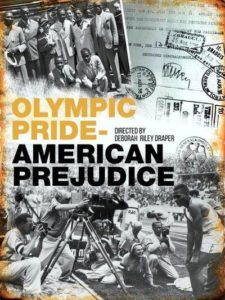
Olympic Pride, American Prejudice (Coffee Bluff Pictures)
But, the focus of the film is not solely on Owens. “Olympic Pride, American Prejudice” also tells the stories of Ralph Metcalfe, Jack Wilson, John Brown and the two African-American women, Tidye Pickett and Louise Stokes, who all made the 1936 U.S. Olympic team.
Written and directed by Deborah Riley Draper, the movie paints a portrait of 18 young Black athletes filled with hope, despite the failures and setbacks they face along the way. Interviews in the film include Director Lonnie Bunch of the National Museum of African American History and Culture, Carl Lewis, Ambassador Andrew Young and NBA Hall of Famer Isiah Thomas.
Blair Underwood is the executive producer and narrator of the film. During an interview with Atlanta Black Star, Draper said, “We showed him [Underwood] a clip, and within weeks, he replied, wanting to narrate and to help fund the film because he believed in the importance of this story.”
December marks the 80th anniversary of the American Olympic Committee (AOC) and former president Avery Brundage’s decision to participate in what at the time was the most controversial Olympic Games in history. It is a moment that mainstream media readily acknowledges. “Olympic Pride, American Prejudice,” however, tells a different side of that story.
Told through archival photos and clips of some of the Olympians’ families, this is a story about a group of brave young men and women who sought to display to a racist world on an international stage their athletic prowess, their pride and their very humanity.
Eyewitnesses such as Gretel Bergmann, a German high jumper, and Faye Walker, the daughter of Tidye Pickett, give personal accounts of their experience, which gives the film a feeling of authenticity.
Ultimately, Draper hopes the film will encourage a discussion on racial politics in America. When asked what type of dialogue she hopes to spark, she said, “I want people to unpack their bias, whatever it may be, and to bring it to the table so we can deal with our history.”
The Oscar-qualified and critically acclaimed film was released nationally on Dec. 6. After strong featured showings at the Los Angeles Film Festival, St. Louis International Film Festival, Chicago International Film Festival and Cambridge (UK) Film Festival, the documentary has received favorable acknowledgment from critics around the world. The film will be available on iTunes, Amazon (DVD and VOD), Comcast, PlayStation Network, GooglePlay and streaming on multiple cable networks in the U.S. and Canada.
